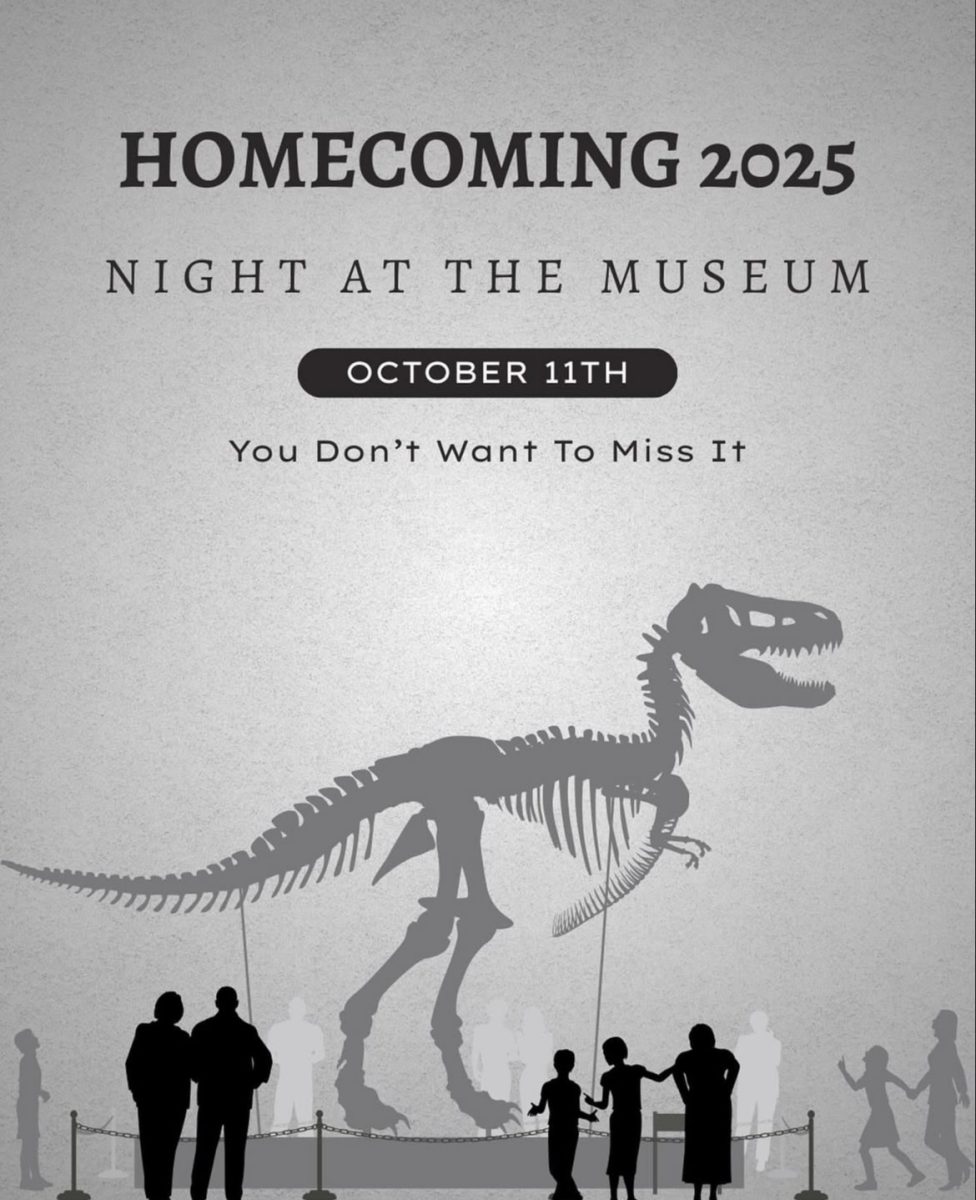2024 is a leap year where the calendar adds an extra day to February. This happens once every four years. The last leap year occurred in 2020, following a recurring cycle of not only an extra day in February but also the U.S. presidential election as well as the summer olympics.
“To be honest I forgot it was a leap year,” says senior, Tia Salerno.
“The leap year is important to me because my grandpa was born on a leap year in 1936. It has always been an exciting day that we celebrate with my entire extended family. Also on the leap year in 2020 I competed for Olympic Trials in the marathon. Leap year days are awesome!” says Arrowhead math Teacher Naomi Fulton.
According to airandspace.si.edu, it takes Earth 365.242190 days to orbit the sun, or 365 days 5 hours 48 minutes and 56 seconds. This “sidereal” year is slightly longer than the calendar year, and that extra 5 hours 48 minutes and 56 seconds needs to be accounted for somehow. If we didn’t account for this extra time, the seasons would begin to drift.
Due to the extra day, specific dates on the calendar such as a birthday “leap” to the next day the following year, giving leap year its name. This causes events that happen on for example a tuesday to occur on a wednesday the following year.
“I think a leap year is important because people who are born on February 29th finally get their birthday,” says Salerno.
In years that don’t have an extra day built into February, those that are born on the 29th, celebrate the following day on March 1st.
“My grandpa always picks what we do for dinner as a family. This year we are going to Chick-Fil-A because the owner of Chick-Fil-A also has a leap year birthday so he is offering a free lemon ice to anyone who comes in and wishes him or my grandpa a Happy Birthday!” says, Fulton.
Leap year, even though not recognized as a holiday, can bring special holiday-like moments for different people.
“I love Leap Years. They are always extra exciting and special. Each leap year is memorable and unique!” says Fulton.

















